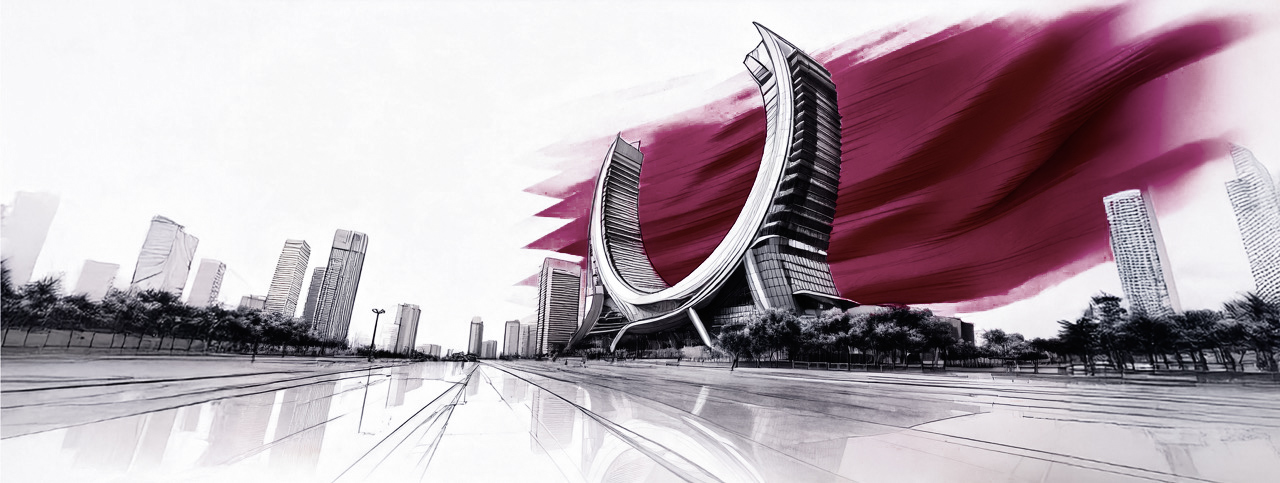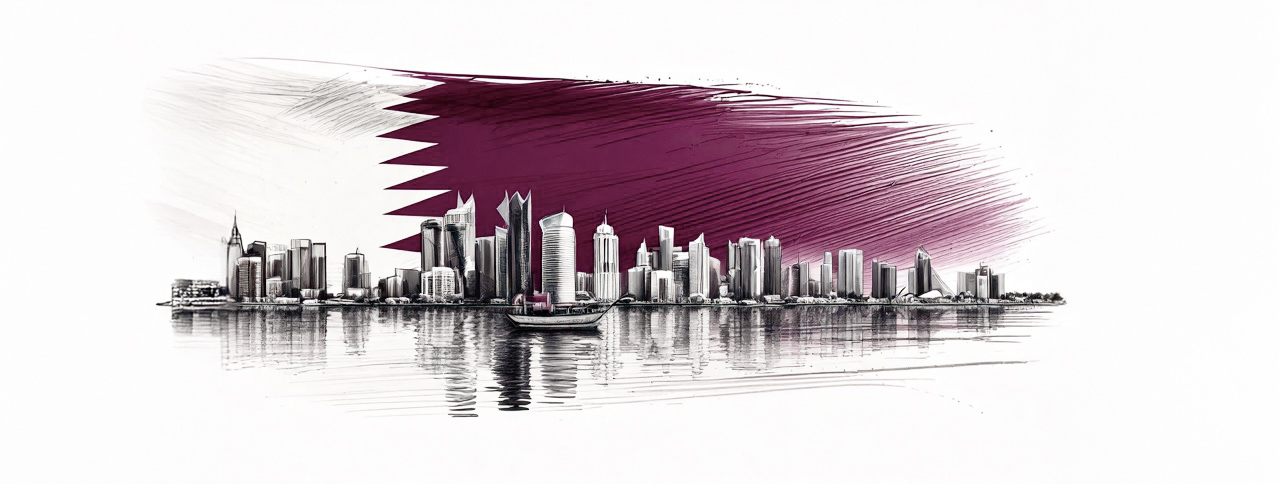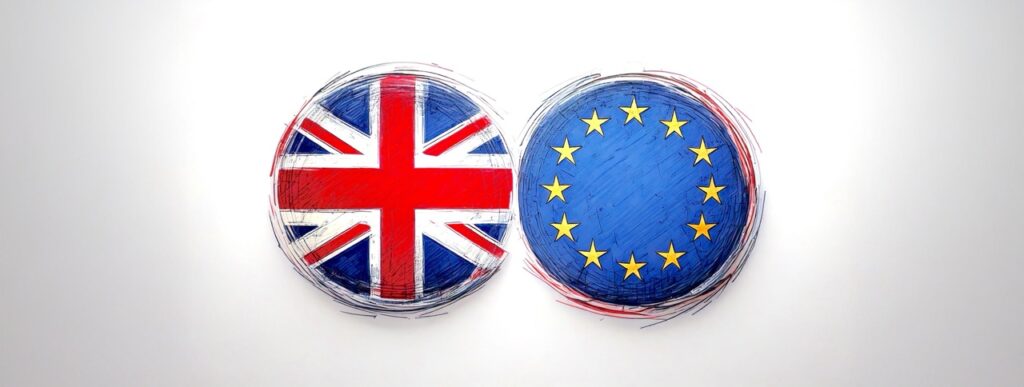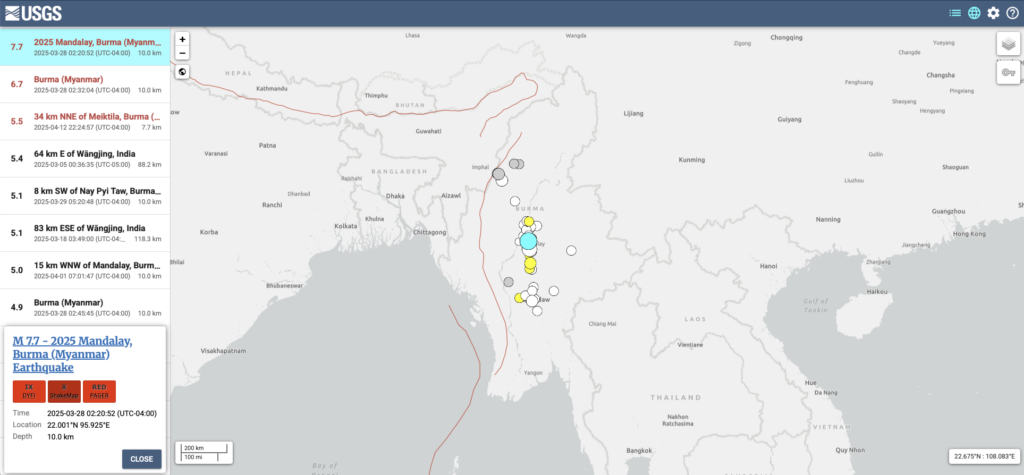The Qatar Investment Authority: A Small Nation’s Portfolio Powerhouse
by Ahmed Ahmed
Regional Influence, Global Reach
Qatar may be a small nation, but its worldwide influence is anything but. The Qatar Investment Authority (QIA), the country’s sovereign wealth fund, manages over $500 billion in assets, making it one of the most powerful investment vehicles in the world. Established in 2005, the QIA was designed to ensure Qatar’s financial stability in a post-oil future. However, its role has evolved into something far greater. Today, the fund serves as both an economic engine and a diplomatic instrument, shaping Qatar’s global position through high-profile investments and strategic alliances. Whether stabilizing financial markets, securing political leverage, or expanding into emerging industries, the QIA is more than just an investor, it is a key player in global power dynamics.
Financial Futures Drive Strategic Portfolios
During the 2008 financial crisis, the QIA injected billions into struggling institutions like Credit Suisse and Barclays, reinforcing Qatar’s reputation as a lender of last resort. These investments were not just about profit; they created deep financial ties with Western economies, giving Qatar long-term influence in global banking. This crucial intervention by the fund, paved the way for countless future cooperation. Shortly after, the QIA acquired Harrods, followed by a significant stake in Canary Wharf and The Shard, cementing its presence in London’s financial and real estate sectors. The fund’s reach extended further as in New York, it invested heavily in Empire State Realty Trust, while in Paris, it secured holdings in notable real estate and hospitality.
That is not to say that the fund has overlooked its own opportunities in the region by focusing exclusively on the West. It has also made significant investments across the Middle East, Africa, and Asia, strengthening Qatar’s economic influence in the region. The QIA has played a major role in regional infrastructure and energy projects, securing stakes in major companies such as Ooredoo, Qatar National Bank, and Enel Green Power, which reinforces Qatar’s dominance in telecommunications, banking, and energy. These investments are not made for the sole purpose of economic gain, in fact one could argue that the primary incentive is for political ties.

Targeted Investments, Geopolitical Leverage
By securing major stakes in European banks, American tech firms, and critical infrastructure, Qatar has created a network of economic interdependence that makes it difficult for foreign governments to act against its interests. Any disruption to Qatar’s economy would have far-reaching consequences for Western financial institutions, real estate markets, and energy supply chains, ensuring that global powers remain economically aligned with Qatar. This financial connection acts as a diplomatic safety net, limiting the risk of economic or political isolation. The benefits of this policy were evident during the 2017 Gulf crisis when Saudi Arabia, the UAE, Bahrain, and Egypt imposed a blockade on Qatar. Despite complete isolation from their neighbors, given that Western nations had no reason to disrupt such a key ally of their economy, the issue was contained.
Beyond economic ties, the QIA has also invested in soft power diplomacy, using sports and culture to enhance Qatar’s global image. The most prominent example is Qatar Sports Investments’ ownership of Paris Saint-Germain (PSG). This move was not just about owning a football club, it was a perfect use of branding. PSG, one of Europe’s most historical football teams, became a tool for Qatar to project its influence on the global stage. Under Qatari ownership, PSG transformed into a footballing powerhouse, attracting some of the world’s biggest stars, including Neymar, Kylian Mbappé, and Lionel Messi. These high-profile signings not only elevated the club’s status but also brought unprecedented attention to Qatar, making it a central figure in the global sports conversation. Yet, the investment in PSG goes beyond trophies and talent. It has allowed Qatar to embed itself in the cultural fabric of Europe and beyond, and created a sense of love and familiarity among millions of people worldwide.

Challenges and the Future of the QIA
The QIA confronts a number of obstacles as it grows its worldwide presence, which may guide its future direction. Increased regulatory monitoring in major Western markets is one of its most urgent problems. Stricter regulations on foreign state-backed investments have been implemented by the governments of the US, UK, and EU. The QIA’s freedom to purchase key assets is restricted by these laws, which are intended to safeguard national security and stop foreign influence in crucial sectors. The fund will consequently need to negotiate a more difficult environment while striking a balance between its goals and the increasing concerns.
Another challenge many of the Middle East’s sovereign wealth funds face is transparency. In contrast to other sovereign wealth funds, such as Australia’s Future Fund, the QIA does not regularly release comprehensive reports on its financial performance, investments, or decision-making process. In fact, over the years, the fund has removed important data from its website, and their returns are unknown. It should come as no surprise that this has drawn intense attention from investors, authorities, and the media, prompting concerns over the fund’s accountability and administration. Although the QIA has taken certain steps to increase transparency, including interacting with foreign financial institutions and releasing yearly reports, critics claim that these efforts are inadequate for a fund of its magnitude and impact.
Looking ahead, given the QIA’s long-term approach, they are expected to shift towards fast-growing industries, such as AI, fintech, and 5G visualization. Additionally, it would not be surprising to see their portfolios in Africa and Asia increase, as the regions begin to experience rapid economic growth and the dominance of the West weakens. Its success, nevertheless, will rely on how well it handles regulatory scrutiny, responds to demands for further transparency, and preserves its political and financial power.

The illustrations in this article were created using an AI image generator. All illustrations are ©Intelliwings.



